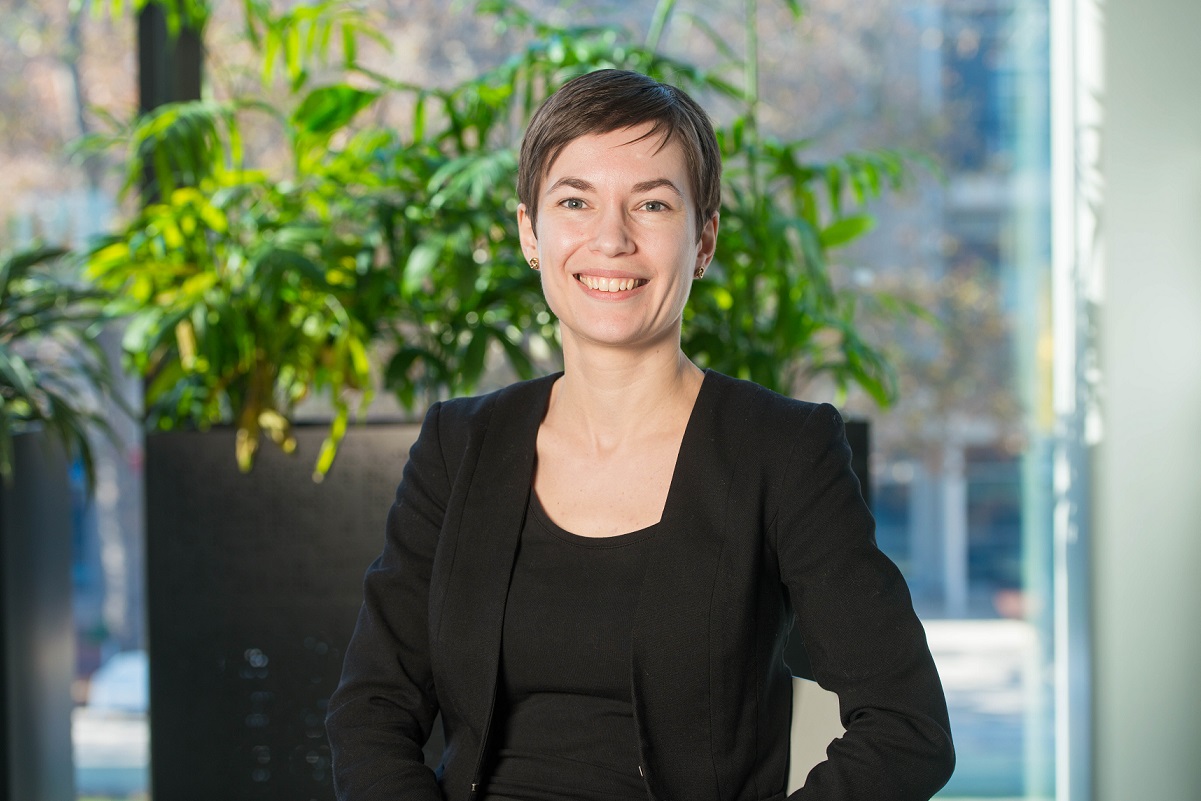
We sat down to talk with Dr Esther Erlings, lecturer in Law, about her research into how parents and children can legally resolve disputes within the family, especially those relating to religious practices.
What made you decide to work in your chosen field?
My interest in religion and culture started in kindergarten, as a friend from a Sri Lankan refugee family practised Hinduism and their family lived their lives so very differently from our white, middle class neighbours. At university, I attended a lecture on judges’ power to order parties to obtain a religious divorce, and I knew I wanted to work on how these different rule-based systems interact.
What is your current research about?
My research about whether parents can force children to practice the parental religion ultimately asks whether children have rights independently from their parents (they do) and who takes the religion-related decisions (normally parents under national law, even if this is not in line with international law).
I also thought it important to find out what can be done in family conflicts when children try to enforce their religious rights.
One solution is to give children access to court (in Australia, children can already apply for parenting orders), but suing parents is unlikely to solve family conflict. So I’m researching parent-child mediation instead. Mediation is already a common practice in family law, but not between parents and children. Is it because children cannot mediate, or because we do not think that minors should sit at the mediation table? Or is it just that it has never crossed our minds?
How will it benefit the wider community?
My research on religious rights scrutinises the legal rules that apply within families, which can guide judgements and policy, including within the context of radicalisation. Working on parent-child mediation can inform the way mediation services are offered and give guidance to mediators seeking to involve children.
What has been your proudest moment as a researcher?
I had an article accepted for publication in the International Journal of Children’s Rights by Michael Freeman, who is one of the greatest children’s lawyers in the world.
What has been your most challenging moment as a researcher?
For my socio-legal research, I conduct interviews to see how the law works in practice, and it’s hard to find participants. Some people decline participation, which feels a bit like rejection of my research.
If there is one piece of advice you could impart on future researchers and university students, what would it be?
It’s scary to put yourself out there, and you may think you aren’t good enough, but until you try, you never know. Don’t be afraid to try things you have never done before. I take my personal motto from Pippi Longstocking (the protagonist of a Swedish children’s book), who, whenever something new came her way would say ‘I’ve never done it before, so I think I should be all right!’

